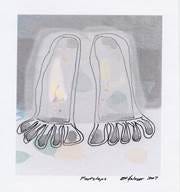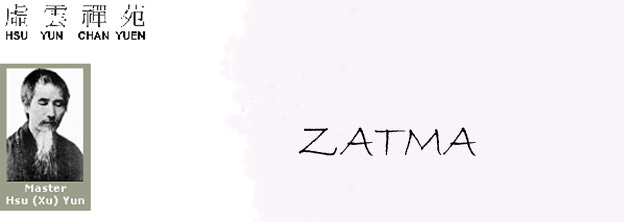Follow the Way
Buddhism - One of the central teachings of Buddhism is freedom. You might ask, freedom from what? It is freedom from stress and suffering. This teaching is found in all the schools of Buddhism. It was one of the first realizations of the Buddha.
1. The Birth of Buddha
Siddhartha Gautama, later known as Shakyamuni, the awakened one, was a minor prince born into the Shakya tribe over 2500 years ago in Northern India. The story of his search for spiritual answers is the story most often associated with his awakening. He is considered the religious leader of Buddhism.
2. The Beginning Teaching – Four Noble Truths
Buddha’s first teaching was a teaching to alleviate stress and suffering. It is called the Four Noble Truths. (Link to Four Noble Truths) Buddha realized that suffering and stress arise from desire or craving. The tighter one’s grasp on the desire the greater the degree of suffering and stress. He also realized the way to end this suffering and stress. This way is called the Eightfold Path.
3. Buddhism is a Practice to End Stress & Suffering
Buddhism is a broad and diverse religion that varies from culture to culture in practice and tradition. It was and still is considered a way of life or discipline. The fundamental teaching across the various schools is to help all sentient beings end stress. All the major vehicles Hinayana (the small vehicle), Mahayana (the large vehicle) or Vajrayana (the diamond vehicle) offer methods and practices to end human stress and suffering. (Link to 3 articles Hinayana, Mahayana & Vajrayana)
This principle to alleviate stress underpins all of the main schools of Buddhism. The methods and practices vary. Some schools rely heavily on devotion to a teacher or a guru whereas others rely on shikantaza (sitting meditation). Essential to them all is the direction to help end stress and suffering through the practice of these disciplines.
4. What is Stress in Buddhism?
Stress or suffering is a sense of dissatisfaction or thirst that can not be satisfied or quenched. The stress in Buddhism is often described as a wheel off kilter. No matter what we do, what we own or buy, there is this sense of being off kilter or out of balance. This sense can be as simple as losing your car keys or as devastating as losing your mother.
5. The Cause of Stress in Buddhism
We all lose things, our car keys, our jobs even our mothers. There’s no stopping this loss of things and people. Even our own life is fading. Aging, sickness and death are inevitable. The Buddha realized, however, that it is our grasping for our car keys, our jobs, and our mother that is the cause of stress and not the reality itself.
Underlying the grasping is our desire for things to be otherwise. We wish for aging, sickness and death to be otherwise. We wish we could always find what we wanted.
6. Life + Your Response = Stress
Each of us finds out over time that there are circumstances, situations and conditions in life that are endlessly disquieting. It is not the degree of stress that is central to Buddhism, or even the arising of any part of life but rather your response to the circumstances of your life. Losing your car keys may evoke great stress for some and for others it may not be much of a difficulty.
7. What is the Buddhist Relief to Stress?
Buddhism is a practice. And it is in the practice of the various Buddhist traditions that relief from stress and suffering is found. In general, the practices consist of moral principles, concentration or meditation and wisdom. The benefits of Buddhism arise when you follow the practices offered in the various schools.
OM
🙏
Thanks for reading ! Subscribe for free to receive new posts.
www.asinglethread.net ————- www.zatma.org
Thanks for reading ! Subscribe for free to receive new posts.
Version #1 First Content
Buddhism, G19








